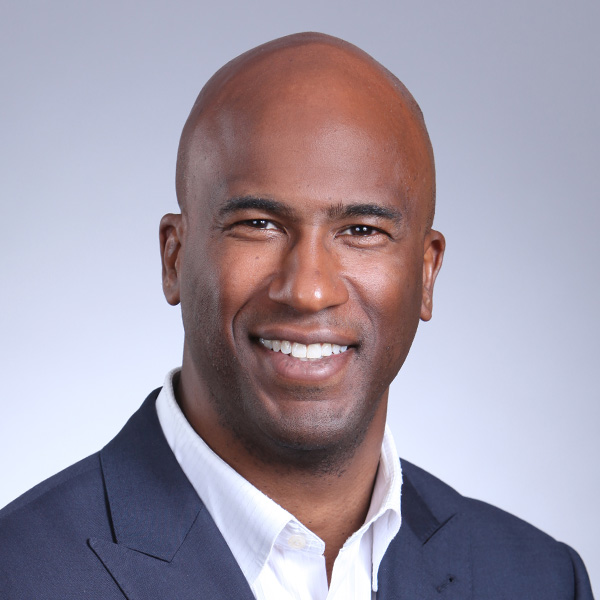Assistant Dean of Research Analytics and Professor Jaroslaw Harezlak of the Indiana University School of Public Health-Bloomington (SPH-B) received more than $1,400,000 from the National institutes of Health (NIH) for his project, "Influence of the College Football Athletes' Cumulative Head Impact Exposure (HIE) on the mTBI [mild traumatic brain injury] incidence and post-mTBI health outcomes."
According to the study, sports-related concussions (SRCs) account for more than 200,000 emergency room visits each year in the United States alone. Dr. Harezlak's project will leverage "machine learning and statistical methods" along with player, team, and head impact data to determine risk factors for both SRC and SRC recovery.
"This project provides an extension of the work undertaken in both the CARE Consortium study and Head to Head II," Dr. Harezlak says. Among other topics, the project will investigate evidence suggesting that repetitive head impact exposure (HIE) could lead to lower SRC tolerance among athletes. The NIH's National Institute of Neurological Disorders and Stroke funds the project, which is expected to conclude in 2026.
"This project provides an extension of the work undertaken in both the CARE Consortium study and Head to Head II," Dr. Harezlak says. Among other topics, the project will investigate evidence suggesting that repetitive head impact exposure (HIE) could lead to lower SRC tolerance among athletes. The NIH's National Institute of Neurological Disorders and Stroke funds the project, which is expected to conclude in 2026.

"Dr. Harezlak’s research on evaluating the association between head impact exposure and sports-related concussions, and formulating statistical models for risk prediction, represents a critical concern for public health," says Dr. Douglas Landsittel, chair of the SPH-B Department of Epidemiology and Biostatistics. "His successful funding from NIH will further add to the department’s standing as a leading research group in these complex public health problems."

"Traumatic brain injury remains an important clinical and public health issue affecting individuals, families and health systems," says Dr. Pierre Theodore, vice present for global health equity at Johnson & Johnson and member of the SPH-B Dean's Alliance. "This NIH-supported effort is critical to reducing the impact of traumatic brain injury and predicting long-term outcomes to drive policy and care strategies."
Learn more about the project at NIH.gov. News about SPH-B is always available at go.iu.edu/48bx.


